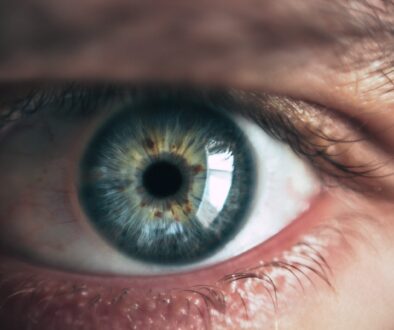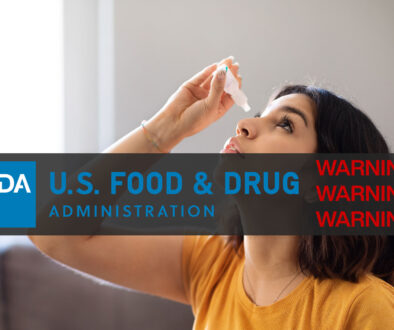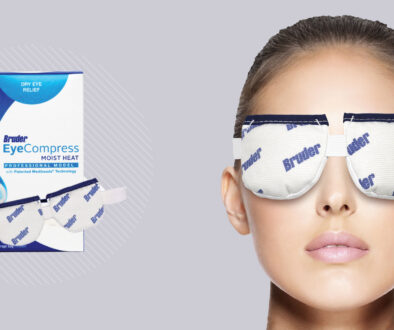Vision Health for All Ages

Vision Health for All Ages:
May is Healthy Vision Month! Caring for our eyes really needs to be as high of a priority as eating healthy and physical activity because our vision can either keep us safe or has the potential to cause harm. According to the CDC, people with vision problems are more likely than those with good vision to have diabetes, poor hearing, heart problems, high blood pressure, lower back pain, and strokes, as well as have an increased risk for falls, injury, and depression. Vision health for all ages is different. Among people aged 65 and older, 54.2 percent of those who are blind and 41.7 percent of those with impaired vision say their overall health is fair or poor. Just 21.5 percent of older Americans without vision problems reported suitable to poor health.
Our Path to Vision Health:
Vision Health for All Ages
Vision Health for All Ages, Although older adults tend to have more vision problems, preschoolers may not see as well as they can. Just 1 out of every 7 preschoolers receive an eye exam, and fewer than 1 out of every 4 receive some type of vision screening. The U.S. Preventive Services Task Force recommends vision screening for all children aged 3 to 5 years to find conditions such as amblyopia, or lazy eye, which can be treated effectively if caught early. Call our office today for more information about our pediatric eye screenings.
Eye conditions that can cause vision loss and even blindness include:
- Cataracts, a clouding of the eye.
- Diabetic retinopathy, which causes damage to the blood vessels in the back of the eye.
- Glaucoma, is damage to the optic nerve, often with increased eye pressure.
- Age-related macular degeneration, which gradually affects central vision.
- Refractive errors, which happen when the shape of your eye doesn’t bend light correctly, are common problems easily corrected with glasses, contact lenses, or laser surgery.
Ways to Help Protect Your Vision health for all ages:
- Get regular comprehensive dilated eye exams.
- Know your family’s eye health history. It’s important to know if anyone has been diagnosed with an eye disease or condition, since some are hereditary.
- Eat right to protect your sight: In particular, eat plenty of dark leafy greens such as spinach, kale, or collard greens, and fish that is high in omega-3 fatty acids such as salmon, albacore tuna, trout, and halibut.
- Wear protective eyewear when playing sports or doing activities around the home, such as painting, yard work, and home repairs.
- Quit smoking or never start.
- Wear sunglasses that block 99 percent-100 percent of ultraviolet A (UVA) and ultraviolet B (UVB) radiation.











